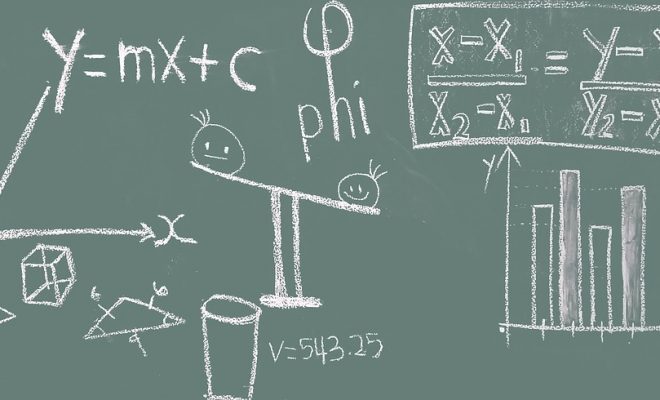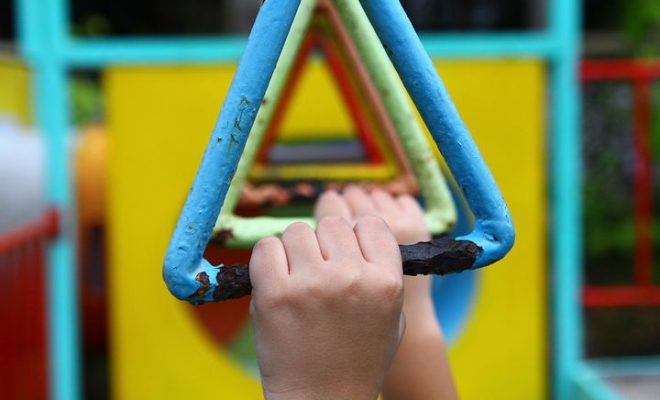The PEMDAS Rule Explained

They never told us what her mistake was. Every middle school in the US teaches its students to recall this phrase: “Please excuse my dear Aunt Sally.” Why are we apologizing for her behavior?
We may never know. “Please excuse my dear Aunt Sally” is a mnemonic device. Educators use a tool to help us memorize information through a catchy rhyme, phrase, or acronym.
For another example, If you can’t remember the names of all five Great Lakes, just say “HOMES.” Each letter in that mnemonic device stands for one of the lakes: Huron, Ontario, Michigan, Erie, and Superior.
“Please excuse my dear Aunt Sally” is a mnemonic for math. This time, we’re supposed to memorize a critical concept called the algebraic order of operations.
Suppose it’s finals week, and you have to solve this equation.
9 – (2 x 3) x 4 + 52 = ?
This is where a particular auntie comes in. For each word in the acronym PEMDAS “Please excuse my dear Aunt Sally,” there’s a related math term that begins with that letter:
- Parentheses
- Exponents
- Multiplication and Division
- Addition and Subtraction
Named PEMDAS in the United States, it dictates which procedure(s) to tackle first.
Before doing anything else, PEMDAS dictates that we ask ourselves a simple question: “Are there any parentheses?” If the answer is “yes,” then our first move should be to resolve whatever’s inside them.
So in the above example, we see “2 x 3” between two parentheses. Therefore, we’ll begin by multiplying two times three, which gives us six. Now the equation looks like this:
9 – 6 x 4 + 52 = ?
Cool beans. Time to bring on the exponents! Exponents take a bit of number pressed against the upper righthand corner of a more significant number in print. See the 52? That itty-bitty “2” is an exponent, fella.
Here, the tiny two tell us to multiply five by itself. 5 x 5 equals 25, giving us:
9 – 6 x 4 + 25 = ?
So, what’s next? Having dealt with the parentheses and exponent(s), we shall proceed to the next operations: multiplication and division.
It’s essential to know that we’re not dictating multiplication comes before division. Not necessarily. Let’s say you’re looking at a different issue that contains both a multiplication sign and a division symbol. Your job would be to complete the two operations in exact order from left to right.
The idea is best explained by this scenario. If the equation says 8 ÷ 4 x 3, to begin, you will divide the eight by the four, giving you two. Then, and only then, you would multiply that two by three.
Now we return to our regularly scheduled math problem:
9 – 6 x 4 + 25 = ?
Whoever wrote the original equation kept things friendly and straightforward; there’s nary a division sign in sight and only one multiplication symbol. Thank you, merciful exam gods.
No, we’re must multiply the six by the four, yielding 24.
9 – 24 + 25 = ?
Just like multiplication and division, addition and subtraction are part of the same step. Now, we will be performing these two operations from left to right. We’re going to subtract that 24 from the nine.
The result is a negative number, -15.
However, 25 is a positive number. In its current form, the equation is comprised of a negative 15 plus a positive 25. When you tally those two together, you receive a positive 10.
So there you have it. The answer to the riddle.
9 – (2 x 3) x 4 + 52 = 10
There are a few things you should know. You could someday find yourself looking at a complicated equation with different operations sandwiched between two parentheses. Maybe something like:
9 – (23 x 3 ÷ 18) x 4 + 52 = ?
Whatever you do, don’t panic. Just follow the PEMDAS process inside those parentheses before you move on to the rest of the problem. Here, you’d first take care of the exponent (i.e., the 23), then tackle the multiplication/division. (If you are curious, the answer to the equation is 28 2/3, or 28.67 if you prefer decimals.)
Lastly, you may learn that the order of operations was created in either the late 18th or early 20th century. This coincided with the rise of the US textbook industry. So let’s thank those mathematicians who came up with the mnemonic acronym PEMDAS that has made solving equations a breeze for middle school students.





